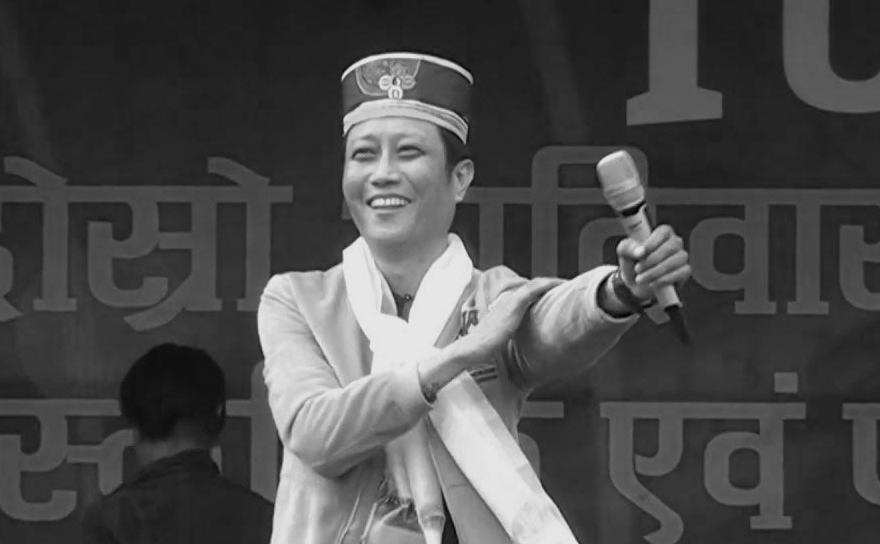The 2000 Sydney Olympics was the first Olympic games I can recall from memory. I was at my school, inside a tin hall. A small TV stood in front, and it was airing the opening ceremony. While I no longer remember the details, I can vaguely recall a horse-riding act. Twenty years later, or 21 given the pandemic, the Tokyo Olympics 2020 was the latest I watched.
An Olympics amidst a pandemic – the games were bound to be different. The headlines were varied. But, there was something that caught my eye. Olympians who were not only great athletes but also deeply involved in other fields were winning gold medals. Lee Kiefer, a medicine student, became the first person from the United States to win a gold medal in individual foil. Anna Kiesenhofer, a Math PhD from Austria, took home gold in the women’s cycling road race. As these headlines popped up on my screen, I remembered a TedTalk by Emilie Wapnick – Why some of us don’t have one true calling.
Wapnick is a writer and community builder who helps multipotentialites – people with many passions and creative pursuits integrate their interests into a coherent whole. A few years back, a friend of mine shared this video, and since then, the central theme of this talk, finding the intersections and the leverages of having many interests and passions, has touched me at a personal level.
One of my favourite lines from Wapnick’s talk that keeps echoing in my mind is: It is rarely a waste of time to pursue something you’re drawn to, even if you end up quitting. You might apply that knowledge in a different field entirely, in a way that you couldn’t have anticipated.
Two reasons this line resonates are 1. there are likely different things that do interest us over a lifetime. And 2. When we try new things, we are often worried we will quit without reaching a significant milestone. What is the use of taking up guitar classes other than when you were in school? You are not going to become a rockstar now anyway. We might be familiar with questions and thought patterns like these.
Finding intersections in interests
Rewind to a few months back when I was in conversation with one of my clients. She had gone through my CV and realised that some things did not seem overly connected. ‘What would you say is your focus – public speaking training or writing?’ she asked. Almost as a reflex action, I answered, ‘I like them both. They complement each other. I learn things from one field and try to fit it into another.’ I was surprised at the split-second answer I was able to generate that might have otherwise required a long awkward silence. But, I had been thinking about it most of the time if not all of the time – trying to find an intersection in the many interests that guide me.
Kabir Sehgal writes in his article, Why You Should Have (at Least) Two Careers, for the Harvard Business Review, “When you follow your curiosities, you will bring passion to your new careers, which will leave you more fulfilled. And, by doing more than one job, you may end up doing all of them better.”
Sehgal is a bestselling author of seven books, works at a Fortune 500 company, is a US Navy veteran, and is a Grammy Award-winning producer. A similar line of thought can be found in James Clear’s bestselling book Atomic Habits that takes a strategic approach to combine different skills. Clear writes, “When you can’t win by being better, you can win by being different. By combining your skills, you reduce the level of competition, which makes it easier to stand out.”
Of course, being an Olympian or becoming wildly successful in many different areas would require a combination of multiple variables like genetic build-up, skills, environment, etc, and a touch of luck. On the other side, following many different fields might not be suitable or doable for everyone. But, what these Olympians, writers, and thinkers do tell us is that if there is more than one area that interests us and if time and resources allow, we can give it a try.
The goal may not be gold, but rather to learn and progress. Careers and life goals might fall under a spectrum rather than a single field or word we would blurt out when the ‘undodgeable’ question – what do you do? or what do you want to do? or many different versions of it come hurling on our way.


















